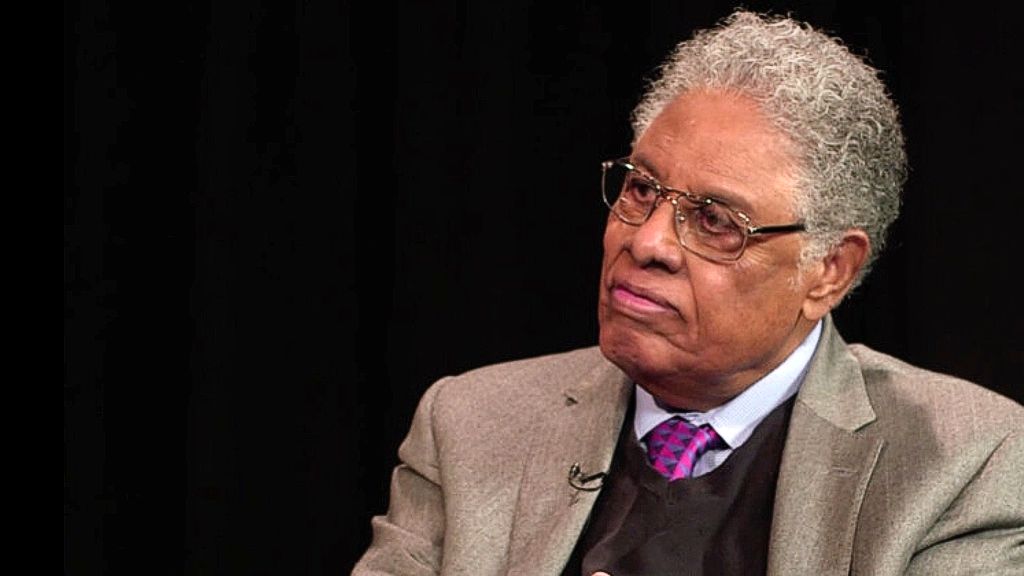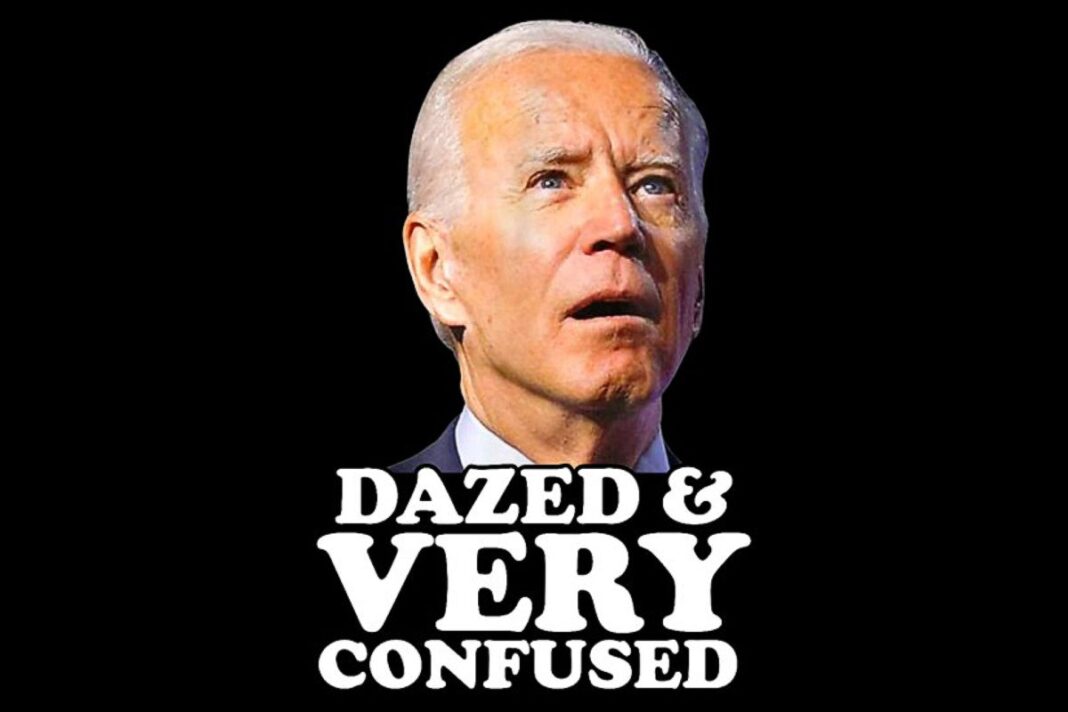Thomas Sowell’s searing critique of bureaucracy—“It’s hard to imagine a more stupid or dangerous way of making decisions than by putting those decisions in the hands of people who pay no price for being wrong”—is more relevant today than ever. This legendary economist, born to North Carolina sharecroppers in 1930, overcame adversity to become one of the most influential conservative thinkers of the modern era. His insights resonate powerfully across borders, offering lessons for Canada as much as for his native United States.
Sowell’s journey is remarkable. Orphaned young and raised by a great aunt in Harlem, he pursued education against significant odds, earning a PhD in economics under Milton Friedman at the University of Chicago. Initially a Marxist, his views shifted dramatically during a stint with the U.S. Department of Labor, where he saw firsthand how government programs could exacerbate—rather than alleviate—poverty. This transformation launched him as a staunch advocate for free-market economics and an unflinching critic of expansive government.
Over a career spanning decades, Sowell’s writings tackled economics, social theory, and cultural criticism with piercing clarity. From “Basic Economics,“ a primer on economic principles, to ”Social Justice Fallacies,” a critique of modern identity politics, Sowell’s work underscores his belief in personal responsibility and the perils of government overreach. His observations hold profound relevance for Canada, a nation grappling with the consequences of unchecked bureaucracy and policies that often prioritize ideological aims over practical outcomes.
One of Sowell’s most enduring legacies is his critique of affirmative action. As a black professor in elite institutions during its rise, he saw how such policies, though well-intentioned, demeaned highly-qualified individuals by casting doubt on their achievements. His book “Affirmative Action Around the World“ argues that these programs often harm the very groups they aim to help. In Canada, where debates over equity and inclusion dominate policy discourse, Sowell’s insights offer a cautionary tale about the harm and injustice caused by identity-based policymaking.
Sowell’s writing smoulders with an underlying moral righteousness leavened by his good humour and human decency, the twinkle in his eye bouncing and sparkling even as he skewers leftist fallacies and the hypocrites who convey them. Perhaps most compelling is his ability to distill complex issues into pithy, unforgettable aphorisms. His work brims with clarity and moral conviction, offering a rare combination of intellectual rigour and accessibility. As Powerline blogger Scott Johnson aptly noted, Sowell elicits “profound feelings of gratitude” for his “expository gifts, depth, fairness, and ability to get to the heart of the matter.” Here are some of his most resonant thoughts:
By Gwyn Morgan









